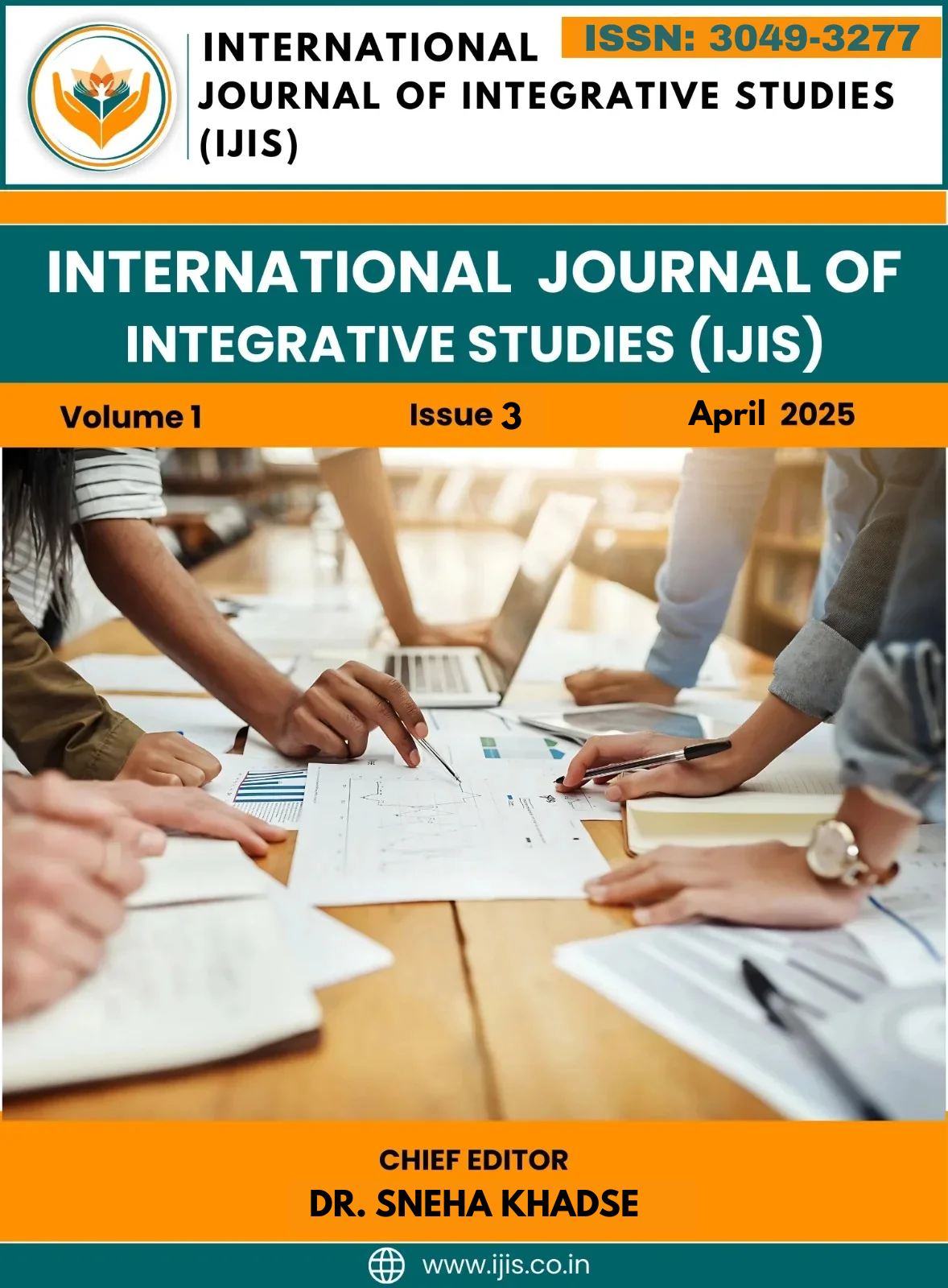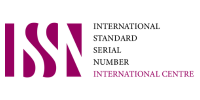The Role of Microbial Communities in Bioremediation of Plastic Waste
DOI:
https://doi.org/10.63856/ijis.v1i3.39-55Keywords:
Plastic waste, microbial bioremediation, biodegradation, plastic-degrading microorganisms, enzymatic degradation, environmental impact, biotechnological approaches, genetic engineering, waste management, sustainability, plastic pollution, microbial consortia, bioplastics, biodegradation pathways.Abstract
The fast accumulation of plastic waste happens because insufficient recycling and proper disposal techniques allow only small quantities of plastic to be recycled thus releasing the vast majority into landfills and the environment. The research investigates how microbial collective organisms perform biological recovery of plastic waste. Plastic polymers undergo different enzymatic transformations through bacterial and fungal organisms before these microbes can break down the products to generate cellular metabolic energy. This study examines plasticbiodegrading microbial populations through enzyme research and environmental factor analysis and genetic modification studies focused on plastic degradation enhancement. This paper shows bioremediation operations need appropriate planning by explaining microbial technologies should be implemented during waste management activities. The research shows that plastic pollution management reaches success when applying microbial methods that combine bioplastics with modern biotechnological approaches to support environmental sustainability.

Downloads
Published
Issue
Section
License

This work is licensed under a Creative Commons Attribution-NonCommercial 4.0 International License.




